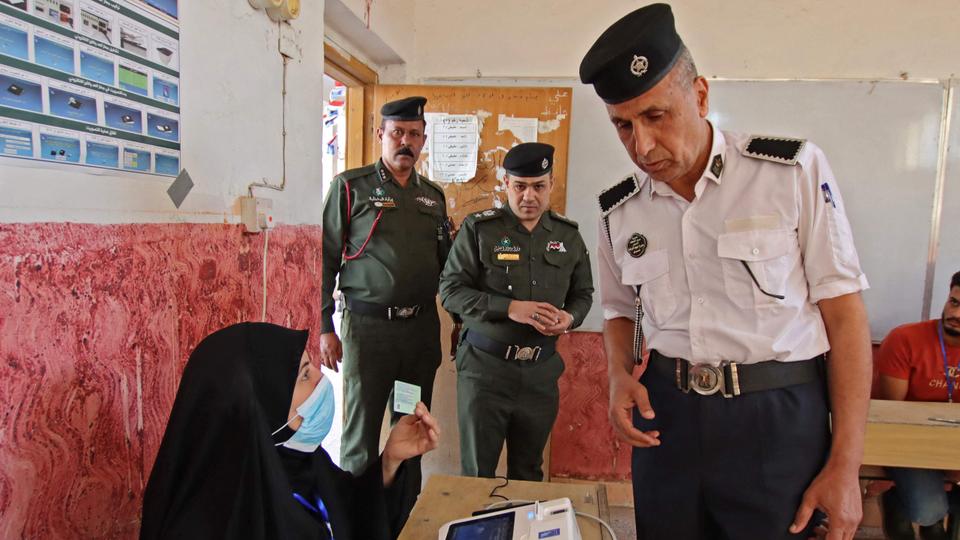Iraqis go to the polls for parliamentary elections, two years after a wave of anti-government protests swept the war-scarred country, but analysts say the vote is unlikely to deliver major change.
Prime Minister Mustafa al Kadhemi’s political future hangs in the balance, with few observers willing to predict who will come out on top after the lengthy backroom haggling that usually follows Iraqi elections.
A new single-member constituency system for electing Iraq’s 329 lawmakers is supposed to boost independents versus the traditional political blocs that are largely centred on religious, ethnic and clan affiliations.
The election is being held a year early in a rare concession to the youth-led protest movement that broke out in 2019 against a political class widely blamed for graft, unemployment and crumbling public services.
Hundreds died during the protests, and dozens more anti-government activists have been killed, kidnapped or intimidated in recent months, with accusations pro-Iran armed groups have been behind the violence.
Many activists have urged a boycott of the polls, and record abstention rates are predicted among Iraq’s 25 million eligible voters, while experts predict the main parties are likely to maintain their grip on power.
The early vote is “unlikely to serve as an agent of change”, said Ramzy Mardini of the University of Chicago’s Pearson Institute.
“The election is meant to be a signal of reform, but ironically those advocating for reform are choosing to not participate… as a protest against the status quo.”


Comment here